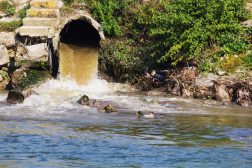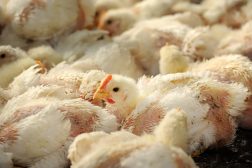plaque
(Science: dentistry) dental plaque is a combination of food (left in the mouth after eating), bacteria (which live in the mouth) and bacterial byproducts (acidic wastes). These acidic wastes can break down the tooth enamel leading to tooth decay.
Plaque also irritates the gum tissue (see gingivitis) and eventually destroys periodontal tissue, promoting periodontal disease.
Dictionary > Plaques
You will also like...

Movement of Molecules Across Cell Membranes
Molecules move within the cell or from one cell to another through different strategies. Transport may be in the form of..

Stems
Stems primarily provide plants structural support. This tutorial includes lectures on the external form of a woody twig ..

Pollution in Freshwater Ecosystems
There are many environmental factors that arise due to the usage of water in one way or another and for every action tha..

The Hominids
The hominid family diversified from the apes around 6 to 8 million years ago. Since then, the evolutionary path has prov..

Selective Breeding
Gregor Mendel's studies into Monohybrid and Dihybrid crossing and Charles Darwin's study of evolution and natural select..

Mātauranga Māori and Science
Mātauranga Māori is the living knowledge system of the indigenous people of New Zealand, including the relationships t..

